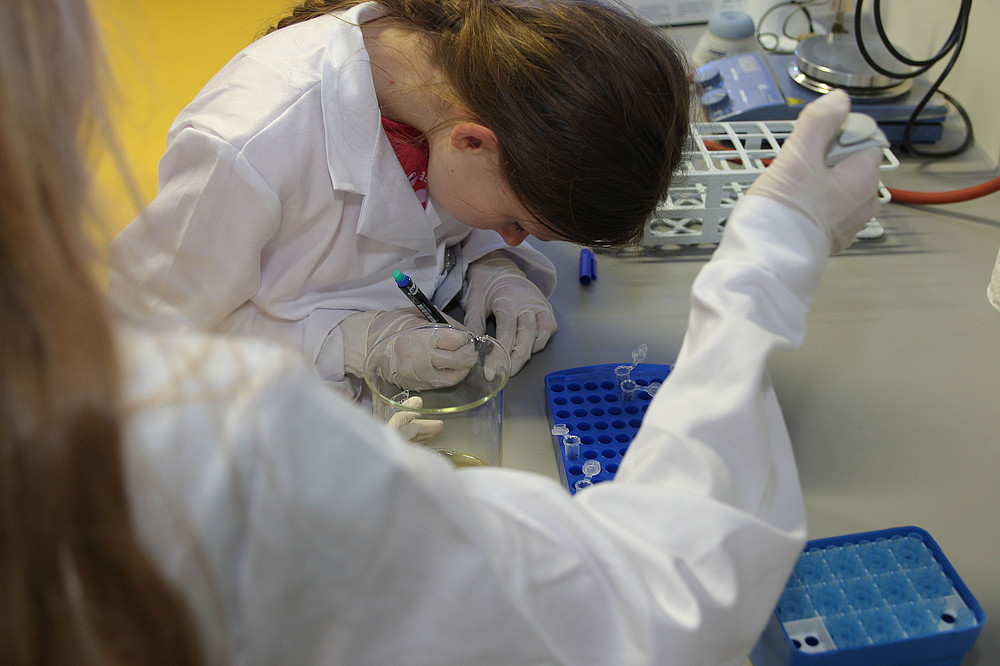Courses
Open Lab Graz
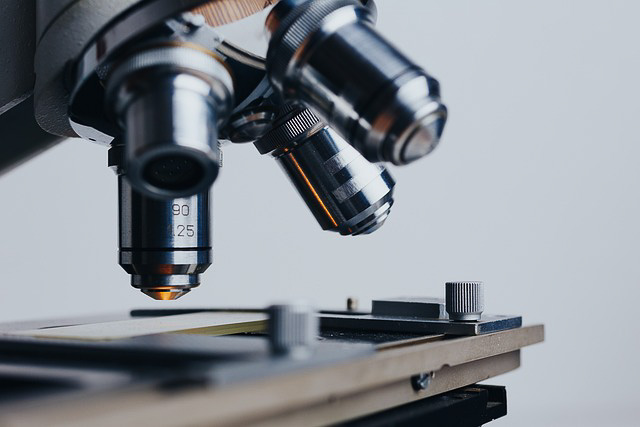
LIVING BEINGS – What Are Living Organisms Made Of?
- Age group: from 3 years (no prior knowledge required)
- Course duration: 1 hour
- Cost: €5 per person
In this course, cells from various living organisms (bacteria, yeasts, etc.) are examined more closely under a microscope. In addition, laboratory equipment is explained in a playful way, and fun experiments (e.g. “tornadoes in a glass of water” or “flies as big as bees”) are carried out.
MICROORGANISMS
- Age group: from 6 years (no prior knowledge required)
- Duration: 2 hours
- Cost: €9 per person
Microorganisms are the smallest living beings in the world. They consist of only one cell, cannot be seen with the naked eye, and there are billions of them. Where do they live, how and why can they be useful to humans, and what do they look like?
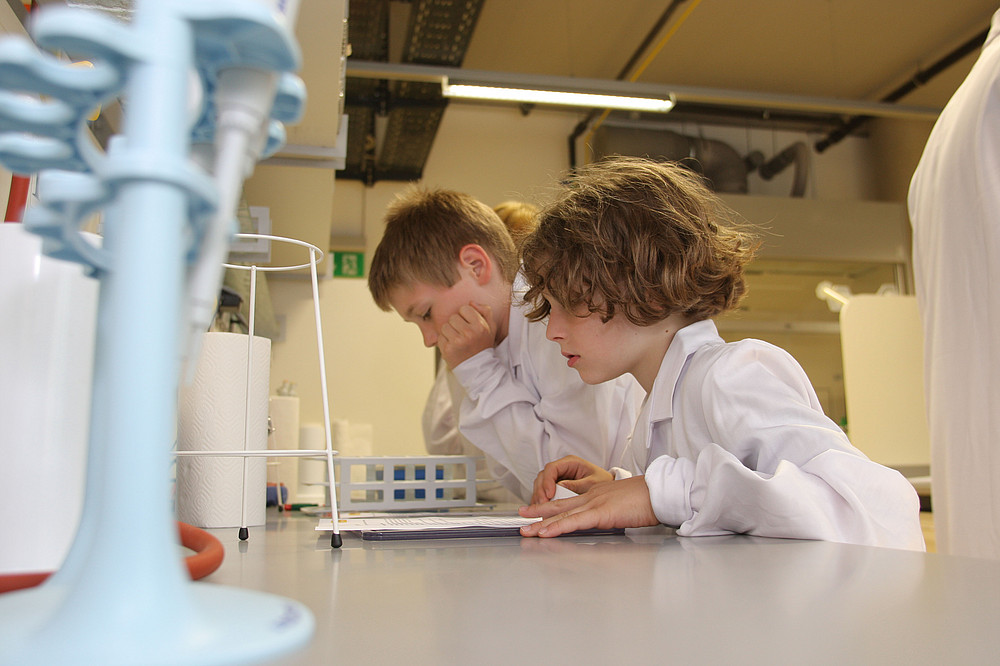
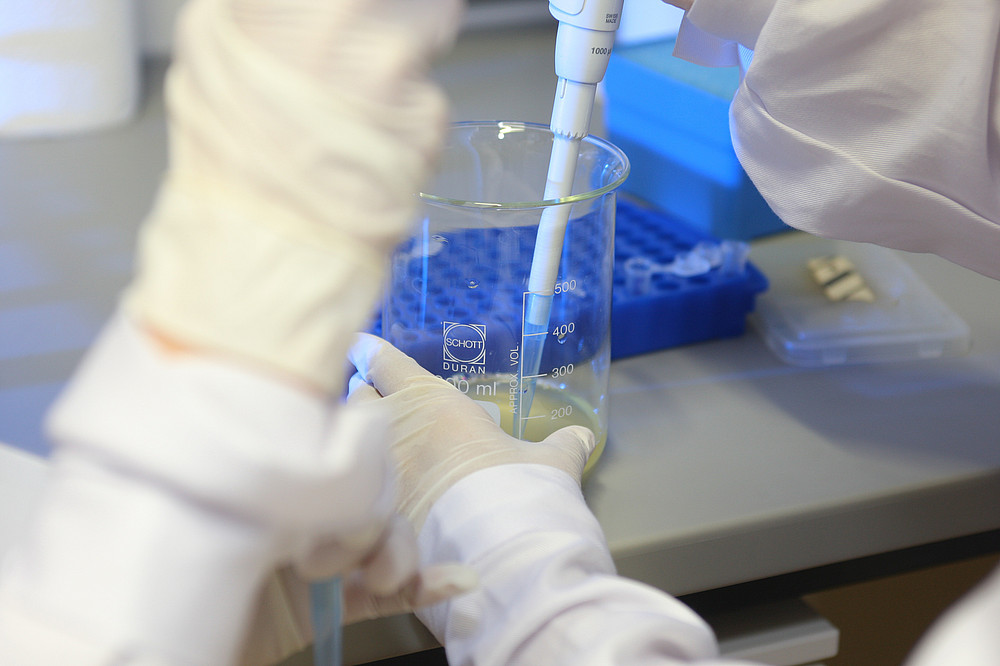
ENZYMES – The World’s Smallest Craftsmen
- Age group: 8 -13 years (no prior knowledge required)
- Duration: 2 hours
- Cost: €9 per person
Enzymes are the smallest workers in the world. They build up, break down, and sometimes even turn old things into something new. But where do they actually come from, and who tells them what to do? Why do we need them to digest our food or to stay healthy?
DNA-DETECTIVES (Junior)
- Age group: 6-10 years (no prior knowledge required)
- Duration: 2 hours
- Cost: €9 per person
In this course, children gain insights into our genetic information, DNA. They will then extract it from fruits and vegetables in the lab. Of course, the children can take their self-isolated DNA home with them.
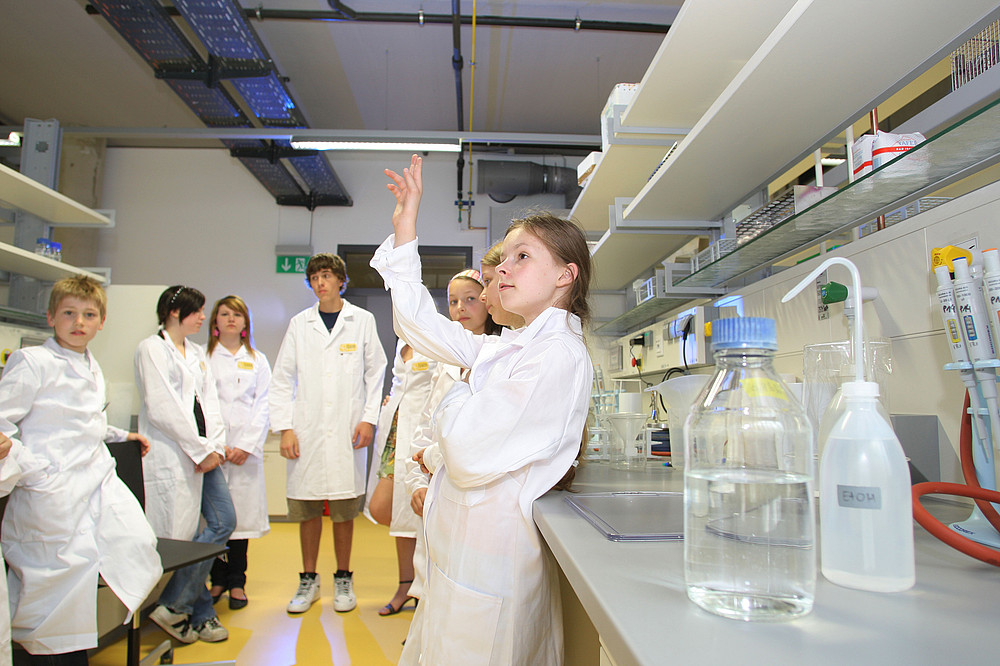
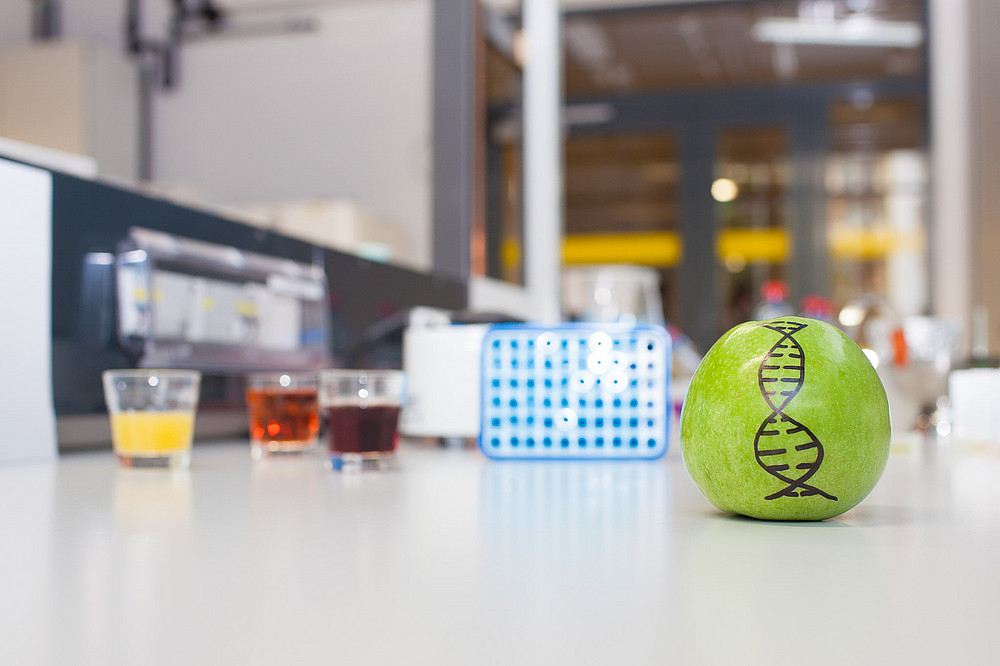
DNA-DETECTIVES (advanced)
- Age group: 10-14 years (no prior knowledge required))
- Duration: 2 hours
- Cost: €9 per person
The aim of this module is to introduce students to genetic information (DNA) in an age-appropriate way. In the practical part of the course, both their own and plant DNA are isolated. Afterwards, the self-extracted DNA is made visible through staining.
ANTIBIOTICS – Tracking Down Resistant Bacteria
- Age group: 15-18 years (previous knowledge required)
- Duration: 3 hours
- Cost: €13 per person
High fever, diarrhea, vomiting – a patient is dying. All that is known is that a bacterium is causing the illness. But which antibiotic should be administered? Using molecular biological methods, this module tests which antibiotic can still be effective.
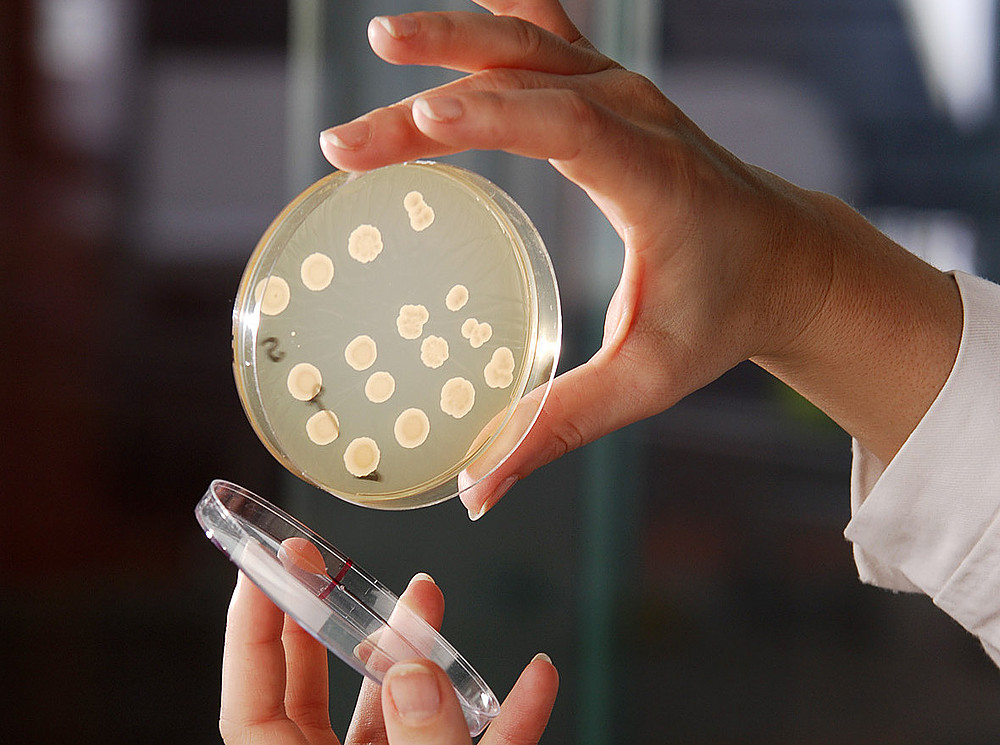
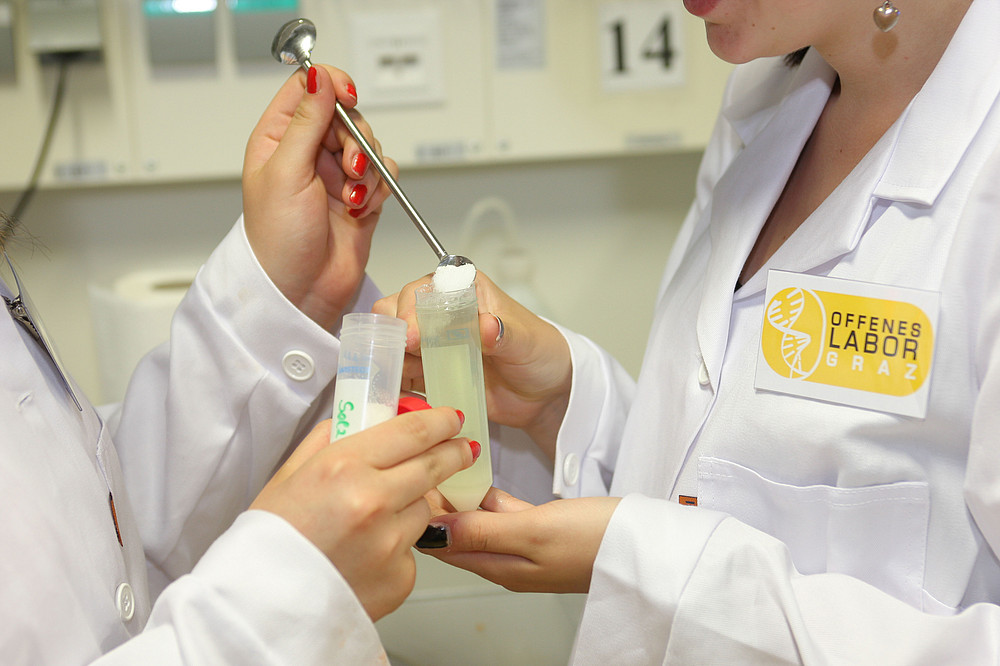
GMO - Searching for Genetically Modified Foods
- Age group: 15-18 years (previous knowledge required)
- Duration: 3 hours
- Cost: €14 per person
The advantages and disadvantages of genetic engineering are critically analyzed and discussed. In the practical part of the module, the Polymerase Chain Reaction (PCR) and gel electrophoresis are used to determine whether foods have been genetically modified or contain genetically modified components.
BITTER TASTE – Acquired a Taste for It
- Age group: 15-18 years (previous knowledge required)
- Duration: 3.5 hours
- Cost: €16 per person
In this course, we test the participants’ sensitivity to bitter substances and examine whether this taste perception is also rooted in their genes. Does the distribution between “tasters” and “non-tasters” in the course follow the rules of genetics?
